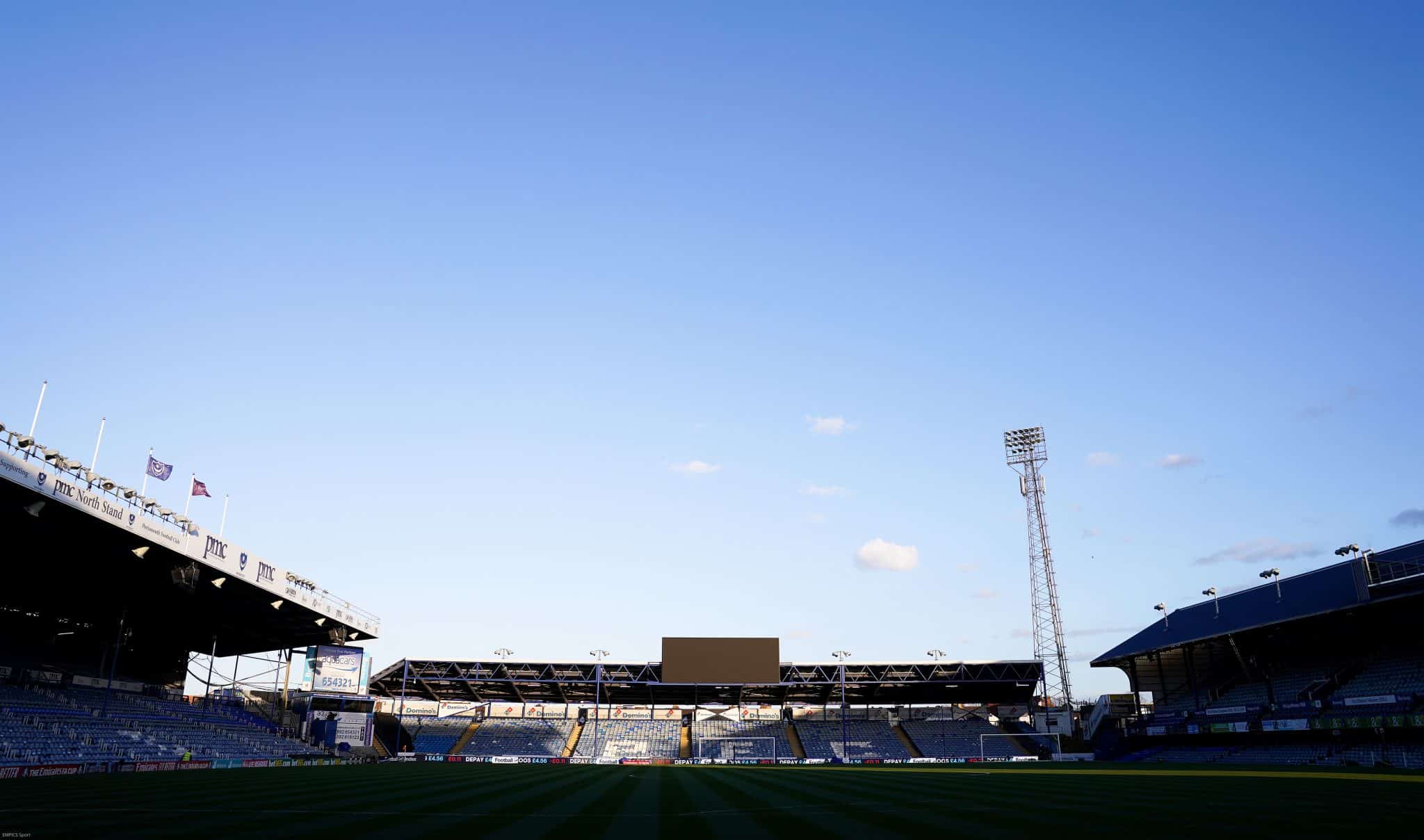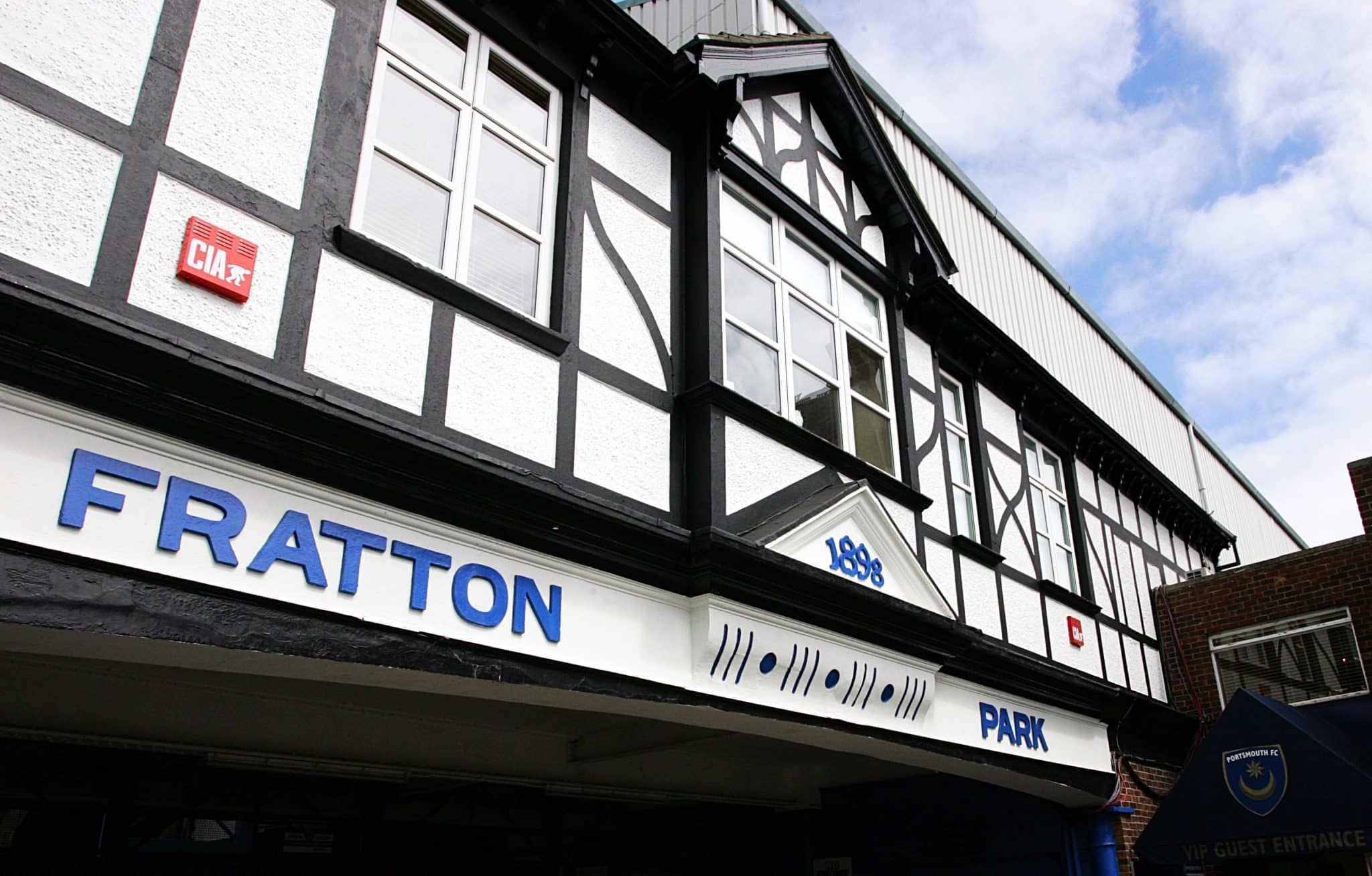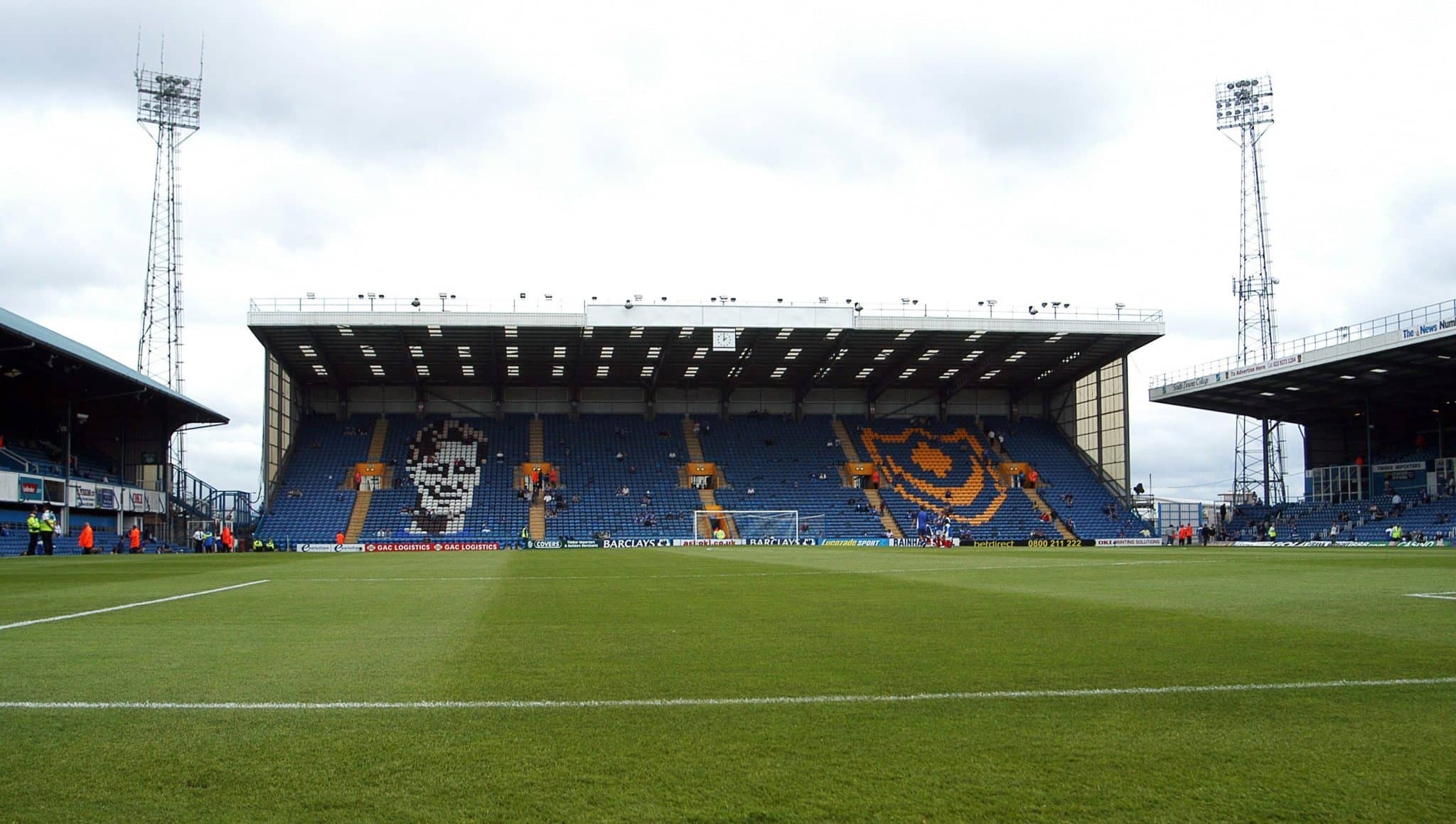Portsmouth's historic Fratton Park has undergone significant redevelopment work in recent years to bring the old stadium up to modern-day standards.
Pompey initially received planning permission in 2020 to undertake work on the Milton End, before they later outlined plans to complete a multi-million-pound redevelopment of Fratton Park.
Work has since taken place across the stadium's four stands, the Fratton End, North Stand, South Stand and Milton End – the latter of which houses away supporters.
Here, we look at how Fratton Park has been redeveloped and whether there are any plans for future works.
What has happened at Fratton Park?
Over recent years, Fratton Park has undergone several work periods, some aimed merely at keeping the ground operational. Football has been played at Fratton Park since 1899, but little has been done to upgrade the infrastructure since Portsmouth's relegation from the Premier League in 2010, making renovations urgently needed.
A few years ago, Portsmouth CEO Andrew Cullen stated that the club needed to install new cladding to meet fire regulations to avoid being “completely closed down.”
In 2020, Portsmouth submitted plans to extend the Milton End stand at Fratton Park, which included adding 400 seats and improving spectator facilities. The plans also proposed extending the roof backwards to provide cover for spectators, both inside and outside the stadium, as well as creating a new viewing area for disabled fans.
These enhancements were essential not only for improving the fan experience but also because the stadium's capacity was continuously being reduced due to safety regulations.
“It had reached a point where it was likely capacity would fall as low as 10,000,” said Cullen.

In June 2021, Portsmouth announced that the Fratton Park redevelopment would begin with an expected completion time of four seasons and would cost £10m.
Over the summer of 2023, seats in the Milton End were ripped out to make way for the renovation, which includes connecting this stand to the adjacent North Stand.
In September 2023, rail seating was successfully installed in the back ten rows of the Fratton End, allowing the club to apply for a safe-standing licence from the Sports Ground Safety Authority. This followed the previous installation of rail seats as part of the ongoing Milton End redevelopment.
Fratton Park development in detail
Pompey's home ground is currently undergoing an extensive redevelopment aimed at enhancing both the venue's capacity and its overall aesthetic appeal. Originally budgeted at £12 million, the cost of the project has now exceeded £15 million, reflecting the complexity and scale of the improvements.
This redevelopment marks a significant milestone in Portsmouth's history, particularly for a stadium whose capacity has diminished over time due to ageing infrastructure. The renovations are designed to modernise the facility and restore its place as a vibrant hub for fans and the community.
The North Stand and the Milton End have undergone significant redevelopment, although the work has also extended to other parts of Portsmouth's iconic stadium.
However, the work has also extended to other parts of the stadium that were in dire need of refurbishment. The club made the decision to remove the ‘hanging basket' section in the South Stand, which led to a small reduction in capacity in that area of the ground. As a result of the work, the historic stand has been transformed into one continuous tier.
As per the club's official website, the changes have ‘improved sightlines' and ‘increased concourse space for home supporters.
The South Stand also used to house a date gantry that could only be accessed by a ladder. A new television gantry has now been constructed on the roof, offering greater space and accessibility to those who need to use the facility for their work.
Other significant areas receiving attention include the Victory Lounge. A space intended for socialising and hospitality, and the ongoing upgrades to the North Stand, which will provide supporters with improved seating and amenities.
Overall, the redevelopment is set to breathe new life into the stadium, ensuring it not only meets modern standards but also preserves the rich legacy of Portsmouth Football Club.
Are there plans for further redevelopment?
While Portsmouth may have upgraded all areas of the ground, Cullen has admitted that the North Stand is the only stand that can be expanded to increase the capacity of the stadium.
As per The News, Cullen said: “To get the volume of seats we need, we would have to extend the North Stand. That is the way to increase capacity.
“We can’t do anything with the South Stand, because you are landlocked by houses behind. You can’t do anything behind the Milton End because you are again landlocked by houses, and there are other issues with infrastructure and residents.
“The North Stand needs space behind it. It’s an area you can build up and build back, which would give you extra capacity and is the obvious area to do.
“The Fratton End is difficult because there isn’t enough land behind it, while you need to ensure you still have space and an access route for emergency vehicles.
“Then there are the corners – and there is certainly scope to do something there. But it has to be cost-effective because of the amount of debt versus the investment required. It’s also not as strong as doing something properly in the North Stand.
“To make the North Stand work, however, it needs to be an enabling development, which is why the overall site is of such importance to this project.”
An increase to the North Stand would increase the capacity at Fratton Park to over 26,000, according to estimates.
➖ TV gantry.
➖ Victory Lounge.
➖ North Stand upgrades.? Your latest Fratton Park redevelopment update, now available on #Pompey+.
— Portsmouth FC (@Pompey) July 3, 2024
Milton End redevelopment
Redevelopment at Fratton Park's Milton End started with partially demolishing the stand. New projects at the venue have included an upgrade to the matchday fanzone, the installation of more toilets, and an additional TV gantry at the Fratton End.
Most importantly, the newly built Milton End increases the stand's capacity by 3,115. New entrances and additional disabled facilities have also been installed.
History of Fratton Park
Fratton Park is more than 120 years old. It is the only professional English football ground not found on the mainland of Great Britain. Fratton Park is on Portsea Island, built in 1899 on the site of a market garden in Milton, a village on the island.
The ‘Fratton Park' name was used to link the ground to the nearby train station ‘Fratton'. In fact, the station and the ground weren't that close, but it encouraged supporters to attend.
Fratton Park's peak came in the 1930s, when, following two stand reconstructions, the capacity reached 58,000. This was reduced to 52,000 after safety regulations were introduced following the Burnden Park disaster (1946) at Bolton Wanderers.
The Portsmouth stadium was a host stadium for the 1948 London Olympics, and in the following season, Portsmouth won the Division One title and set a stadium record, with 51,385 watching their FA Cup sixth-round match against Derby County.

Stands at Fratton Park
South Stand at Fratton Park
The main stand at Fratton Park is the South Stand, which houses the dressing rooms, director's Box, and home supporters. It has a capacity of 4,856.
North Stand at Fratton Park
The North Stand is opposite the main stand and along the touchline. It hosts home fans, with a huge 8,147 capacity over two tiers.
Milton End at Fratton Park
The Milton End is currently undergoing massive reconstruction and renovation. It was opened in 1905 and is behind the east goal. Home and away fans sit here, and the stadium has a capacity of 3,196.
Fratton End at Fratton Park
The Fratton End is where Portsmouth's most vociferous home supporters can be found. The 4,700-capacity stand, which opened in October 1997, is behind the west goal.

FGG says: On-pitch results likely to influence future redevelopment
The redevelopment works have brought Fratton Park up to modern standards, while still retaining the character and tradition of the historic ground. The work started when the club was in League One, and it is now fitting of a Championship club.
Any future redevelopment is likely to depend on how the team fares over the coming months and weeks. Portsmouth may be in their second successive Championship campaign, but they have work to do to avoid relegation to League One.
The demand will likely grow for stadium expansion if Pompey can establish themselves as a regular Championship outfit, but that demand may not be there if they find themselves moving between the third and second tier.
